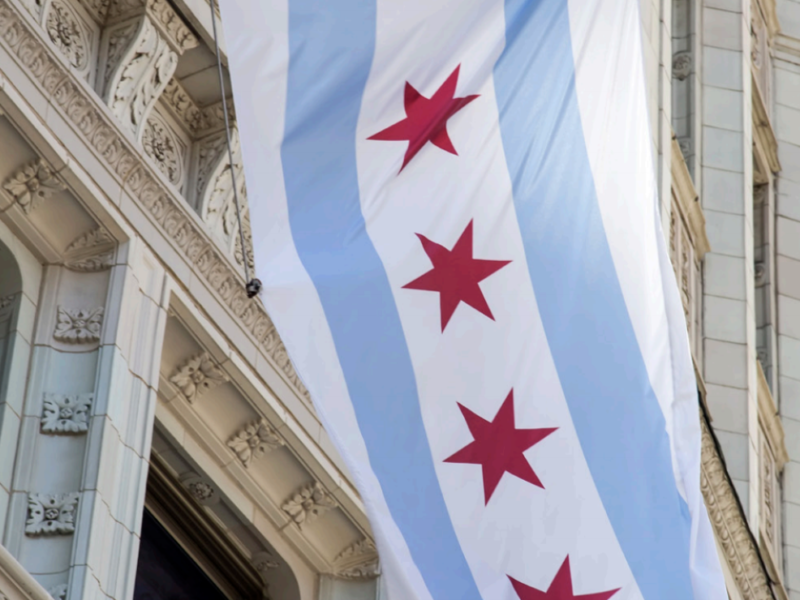
Co-op Rock Stars: Jeff Jenkins Brings the Circus to Chicago Neighborhoods
 |
| CIW Co-op member Midnight Circus in the Parks travels to different Chicago neighborhoods. |
 |
| Performers range from age 5 to 45. |
We were spending time over in France and Italy and we noticed that in the small parks and piazzas there were all these wonderful theatrical circuses that communities were taking in. And we wanted to bring something like that to the United States with the work that we were doing. And we also wanted to couple that with social causes that we thought were important, such as access to safe, well-funded, well-programmed schools and parks. Chicago is a unique city in that there are parks in every neighborhood, and we thought it would be great if we could do a very artistic, world-class circus in the parks serving the hearts of these communities, and also use that as a way to really bring them together – potentially raise funds and expose communities to a really high-level circus all at the same time.
 |
| The circus holds teamwork in high regard. |
First and foremost, we look for people who work great in an ensemble environment. Our shows have a very important family feel. Of course, they can be wildly-talented individually and have their own moment in the show, but we always look for people who play well with others.





